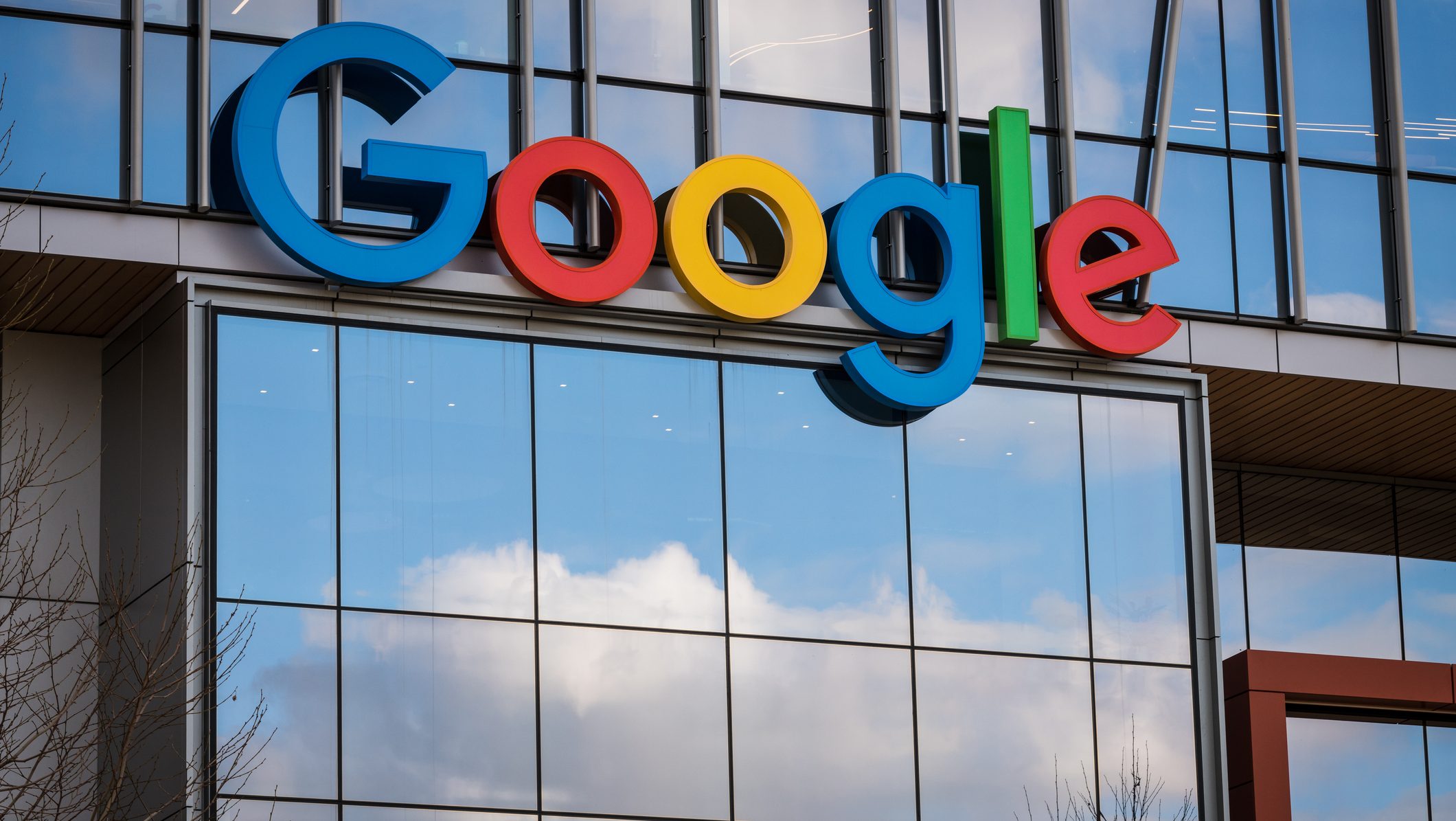Rent Seeking and the Internet Economy (Part 1): Why is the Internet So Frequently the Target of Rent Seekers?
In Glenn’s recent post on the political fight against Tesla, he references an informative article by Steve Blank on “rent seeking” in the digital economy. It describes a phenomenon oft-documented here on DisCo.
Rent seekers are individuals or organizations that have succeeded with existing business models and look to the government and regulators as their first line of defense against innovative competition. They use government regulation and lawsuits to keep out new entrants with more innovative business models. They use every argument from public safety to lack of quality or loss of jobs to lobby against the new entrants. Rent seekers spend money to increase their share of an existing market instead of creating new products or markets. The key idea is that rent seeking behavior creates nothing of value.
Academically, rent seeking is defined as an attempt to obtain (or maintain) economic rents by manipulating the social or political environment in which economic activities occur, rather than by creating new wealth (aka “adding value”).
To understand rent seeking, one must understand the concept of “economic rents,” which are different from the rent you pay to your landlord (although not entirely unrelated because Adam Smith originally derived “rent” from money generated by stodgy landlords who risked neither their own capital or labor in the production process). The academic definition of “economic rent” is the portion of income paid to a factor of production in excess of what is needed to keep it in production. In English, that translates to more money being paid to someone (or some company) than is necessary for them to perform a task or supply a product (aka supracompetitive profits). Or, in plain English, the inefficient use of resources.
Why Rent-Seekers Target Internet Services
So, with those definitions in hand, I’ll move on to the question at the heart of this blog post: why is the Internet, in general, on the receiving end of so much rent-seeking behavior?
The short answer is that the Internet is challenging old business models and introducing furious competition into many sectors that are not accustomed to it. Furthermore, the scope, scale and ease of use of the Internet is making whole job categories obsolete. Many of these can be classified as “middlemen” — whether those middlemen be record labels, independent auto dealers, or local banks. Facing economic and technological advancements that would make their whole industry obsolete (or squeeze their economic rents at the very least), these vested interests often respond by lobbying aggressively to protect their privileged economic positions. In the process, they hamper economic efficiency and harm consumers (which is ironic, as many of the protectionist legislative and regulatory policies they push for are in the guise of “consumer protection”).
For a more thorough answer to the question, a stroll through Economics 101 and the dynamics of the Internet are necessary.
In perfectly competitive markets, economic rents do not exist as competitive pressures would work to eliminate them. Rent-seeking activity, such as lobbying or legal maneuvering, is at its core fighting against competition. Since rent seeking is not costless (lawyers and lobbyists are expensive), it is detrimental, as resources that could have been used for productive activity are siphoned off and used on activity that does not create any social benefit. Furthermore, if legal and political maneuvering harms the prospects of more efficient business models or new technologies (which it usually does), rent-seeking behavior is even more socially harmful than the mere resources wasted in the redistribution of wealth (static losses plus dynamic losses).
In perfectly competitive markets, “economic rent” does not exist. Why? Well, it goes something like this: “Hey, look at that dude making a boatload of easy money. I want to make easy money too. Let’s get in on that action.” This process repeats until economic rents disappear. (If this sounds familiar, it is the basic concept of competition from Econ 101.)
However, perfect competition is quite rare (if not completely mythical). It is more useful to view competition as a continuum on a plane from less to more perfect (at one extreme is a monopoly, at the other an infinite number of competitors or potential competitors). Some criteria for perfectly competitive markets include: infinite buyers and sellers, zero entry barriers, perfect factor mobility, perfect information and no transaction costs.
The fewer of these criteria that are met, the less competitive a market is. The less competitive a market is, the more opportunity exists to reap supracompetitive profits, aka “economic rents.” The thing is, people making economic rents really like those supracompetitive profits. And, not surprisingly, they are willing to fight to protect those economic rents. Although product differentiation or marketing can help maintain those rents, it is not nearly as effective as lobbying.
The great thing about the Internet, which also makes it scary to incumbents who enjoy supracompetitive profits, is that it moves markets closer to the “perfect competition” end of the spectrum, which is great for society (which can repurpose those “supracompetitive rents” to more efficient uses) and saves consumers money. In order to examine how the Internet does this, we need to take a closer look at some of the aforementioned components of perfect competition. (Before I go down this road, I throw out the caveat that these criteria are not mutually exclusive. For example, lack of information can also be a transaction cost, serve as a barrier to entry and impede the number of willing buyers and sellers in the marketplace.)
Characteristics of Perfect Competition That the Internet Enhances
1. Infinite buyers and sellers: Although the Internet does not create markets with infinite buyers and sellers, it certainly moves markets a lot farther down the competition continuum. Where once geography could insulate local sellers from more competitive sellers located in other geographic markets, this is no longer the case. If you can provide a more competitive product or service, you can compete for customers all over the world (barring restraints imposed by regulation, of course).
2. No barriers to entry: Instead of setting up a brick and mortar store to sell your wares, simple platforms such as eBay and Etsy and online payment processors such as Google Wallet and PayPal make online commerce very easy. Throw in cheap shipping, and you can compete effectively with the biggest retail chains. (The thriving handmade jewelry marketplace on Etsy certainly eats into the sales of more traditional jewelry retailers.) This applies if you provide a service too. You can hawk your specialized skill and connect with clients in online markets enabled by the scope and breadth of the Internet. Mechanical Turk and GeniusRocket are a couple of examples.
3. Perfect factor mobility (aka “inputs to the production process” — traditionally land, labor and capital): Although the Internet cannot move land around, it does lower demand for retail space, specifically non-premium retail space. Furthermore, although physical capital like manufacturing assets are relatively unaffected (at least directly) by the Internet (at least until 3D printing fully evolves), other capital, like human capital, is more mobile in the online sphere. An accountant, programmer, radiologist or architect can much more easily serve her clientele from anywhere near instantaneously. This also increases competition among inputs in production, as an Indian architect or Chinese computer programmer can compete much more directly in American or European markets, for example. Furthermore, given advances in online learning (such as MOOCs), human capital is more flexible, as it is easier to adapt one’s skill set to fit the needs of a changing economy when information and instruction is easily accessible on the Internet. If some obscure profession starts making huge salaries because demand exceeds supply, it is easier — but still not necessarily “easy” — for a laborer to acquire the skills necessary to provide services to the burgeoning market.
4. Perfect information: When market participants have perfect knowledge of price, utility, quality and production methods, it is easy for consumers to find the most competitive product, and producers to adjust price and quality to that of their competition (and for potential competition to see an opportunity to enter a market). Although “perfect information” is not even achieved in the online realm, producers and consumers are a lot closer to perfect information, thus markets are much more competitive. (See Autobytel as one example of this, which was already saving customers who compared prices online $240 million a year in 2001.)
5. No transaction costs: The smaller the transaction costs (i.e. the cost of exchange), the more perfect the competition. When transaction costs are high, transactions between willing buyers and sellers become more difficult. In the past, “middlemen” have often served to lower transaction costs. For example:
(a) Do you like country music, but you don’t live in Nashville? Well, record labels helped solve this problem with talent scouts plugged into the Nashville bar scene. For a hefty cut of the record sales, of course, labels would connect music consumers with talented new performers.
(b) Do you run a multi-billion dollar car company and need a way to sell your cars in every community across the country without incurring the financial costs and risk of maintaining and running a huge network of dealerships? Well, have no fear, independent auto dealers will hawk your products. For a hefty fee of course.
(c) Are you an African fisherman, who has difficulty discerning highly variable market rates and finding buyers for your inherently unpredictable daily catch? Don’t worry, there is a middleman in port who will take those fish off of your hands for you. Sure, he’s probably ripping you off, but what can you do?
However, the dynamics of the Internet that create more perfect markets also obviate the need for middlemen who formerly made a good living on navigating the inherent market inefficiencies. Now, aspiring artists can be discovered via YouTube and are not as beholden to the record companies who control their fate as they once were, and music fans have a much larger selection of material available to them than in the days of Tower Records. Auto manufacturers can sell their products directly to consumers over the Internet, without having to pay independent dealers huge fees to maintain expensive real estate and hold on to large amounts of inventory (well, at least they could if auto dealers hadn’t lobbied to make it illegal). On top of that, huge cost savings can be passed on to consumers. And in Africa, fisherman are using mobile phones (and eventually Internet-based tools) to cut out the middlemen and make more money for themselves.
After walking through the economics of the Internet, the reason why the Internet engenders so much rent seeking from incumbents facing enhanced competition and middlemen facing obsolescence should be clear. More perfect competition means less ability to extract economic rents. Hence, rent-seeking maneuvering is designed to forestall or eliminate competition.
In my next post in this series, I will look at the many different forms rent seeking takes.








